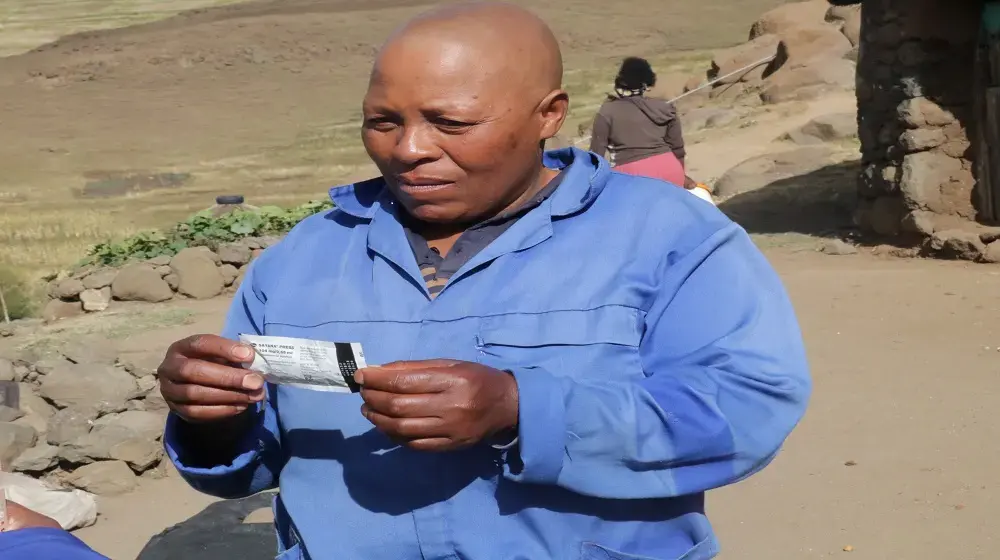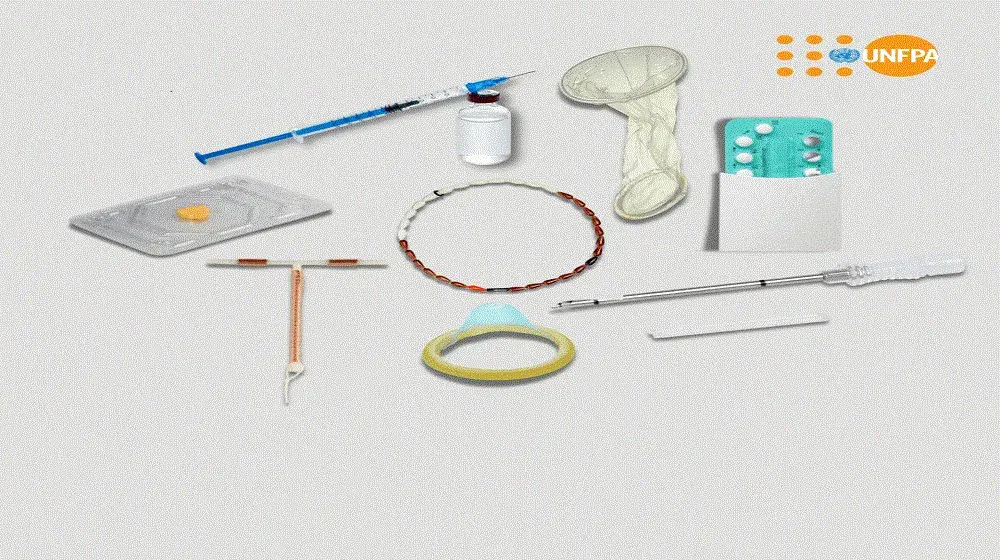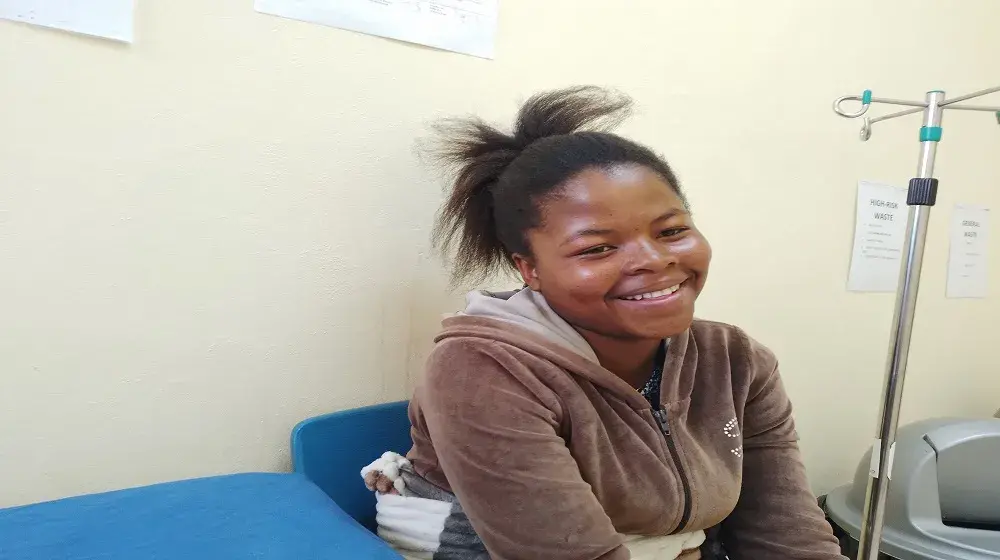For Hloahloeng Ha Nkau, an area deep within the mountains of Lesotho, it is not uncommon for young girls aged between 15 and 20 to give birth. In this area, as in many other remote areas in Lesotho, girls marry very young and hence have children at a very early age.
Many are oblivious to the consequences of early marriage and early child birth. Sometimes the opt for marriage when they are unable to go to school or when they cannot get employment. Sometimes it is due to pressure from peers or parents.
During commemoration of World Population Day for 2018 which was held at Hloahloeng Ha Nkau on 11th July, 2018, the Chief of the area Chief Sealuma Letlala stated that it is illegal for parents to allow their children to marry at an early age.
Having children at an early age renders teenagers vulnerable to cephalopelvic disproportion, which exists when the capacity of the pelvis is inadequate to allow the fetus to negotiate the birth canal.
People from Hloahleong had come in their droves to the commemoration, under the theme, “Family Planning is a Human Right.” Chief Letlala concurred with this theme saying, “even our young people and those that are not married have a right to family planning so that they can be able to complete their schooling and avoid unplanned pregnancies.”
The highpoint of the commemoration was a citizens’ dialogue where members of the community underscored the need and pertinence for family planning.
Speaking during the dialogue, the Chief vowed to take action against parents that condone child marriage and called for available laws that prohibit marriage between minors should be put to use.
“We have learnt during the dialogue that it is illegal for parents to consent to marriage between minors,” stated the Chief who also encouraged establishment of associations on family planning in villages.
It also came out during the dialogue that there are myths concerning family planning, particularly complaints from men. To address this, one of the mothers ‘Maphallang Maisa said, “We are now going to talk to our husbands about our bodies, use of condoms and quell their myths about family planning.”
UNFPA, the United Nations Population Fund Representative to Lesotho Ms Nuzhat Ehsan pledged UNFPA’s commitment and support to the Government of Lesotho in its endeavors to promote reproductive health commodity security and improve the quality of family planning services, particularly for adolescents and other marginalized populations in Lesotho.
“We have learnt that in this area, like in many other places in Lesotho, there is a high rate of teenage pregnancy, child marriage, school drop outs and myths surrounding family planning. Surely if a girl of 13 years falls pregnant, this robs her of her chance to childhood. Family planning can play a major role in addressing these challenges,” she added.
Member of Parliament for Hloahloeng Ms Ntlhoi Motsamai expressed concern on the high rate of maternal deaths, migration and poverty in the area, noting that the lack of roads in the area is among one of the factors that exacerbates delivery of health services in the area.
On the other hand, the Deputy Minister of Health Mrs ‘Manthabiseng Phohleli called for protection of young girls against child marriage. She committed that her ministry would establish more adolescent health corners to ease access of family planning services for young people.
In Lesotho, the unmet need for family planning among married women is 18%. The percentage is higher within the age category of 15-19 as it is 28.9% nationally.
World Population Day is an annual celebration observed on 11th of July every year to focus attention on the urgency and importance of population issues and also to promote the rights of people and help them plan their families in a better way possible.
This year’s theme, “Family Planning is a Human Right,” coincided with the 50th anniversary of the 1968 International Conference on Human Rights held in Tehran, where family planning was for the first time globally affirmed to be a human right.




